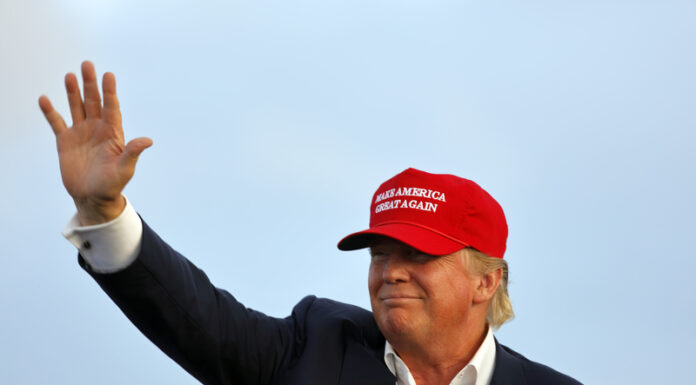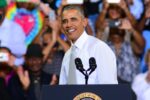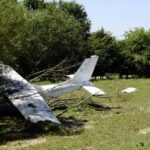A House task force released its 180-page final report Tuesday, December 10, examining two assassination attempts on Donald Trump, concluding that the July incident that left one person dead was “preventable and should not have happened.”
The 13-member bipartisan panel, created shortly after the summer attack, conducted 46 interviews and reviewed 18,000 pages of documents during their investigation of both the July and September incidents.
The report identified “various failures in planning, execution and leadership” that created conditions allowing Thomas Matthew Crooks, 20, to open fire at Trump’s rally in Butler, Pennsylvania. Crooks, who was killed by a Secret Service counter sniper, managed to strike Trump in the right ear and killed one rally attendee while injuring two others.
Acting Secret Service Director Ronald Rowe acknowledged the agency’s “abject failure” during testimony before the task force. The admission came during a contentious final hearing that erupted into a heated exchange between Rowe and Rep. Pat Fallon (R-Texas) over security measures at a September 11 remembrance ceremony.
The task force’s investigation revealed that multiple Secret Service personnel incorrectly assessed the risks from nearby buildings in Butler, allowing Crooks to position himself several hundred feet from Trump. Additionally, planned security measures involving farm equipment were never implemented, and supervisors weren’t informed of the oversight.
In contrast, the report praised the agency’s response to a September 15 attempt in West Palm Beach, Florida, where agents quickly neutralized a threat before any shots were fired. Ryan Wesley Routh, 58, was apprehended after an agent spotted him pointing a firearm through bushes near Trump’s golf course. Authorities recovered Routh’s weapon, bulletproof materials, and recording equipment from his position.
The task force presented 37 recommendations to prevent future security breaches, including reducing the number of individuals under Secret Service protection and examining whether the agency should continue investigating fraud and financial crimes.
Task force leaders expressed concern about a “culture of silence” within the Secret Service, noting the agency has struggled to adapt to evolving security challenges. The report highlighted staffing problems, communication failures between federal and local law enforcement, and questioned whether the Secret Service should remain under the Department of Homeland Security.








